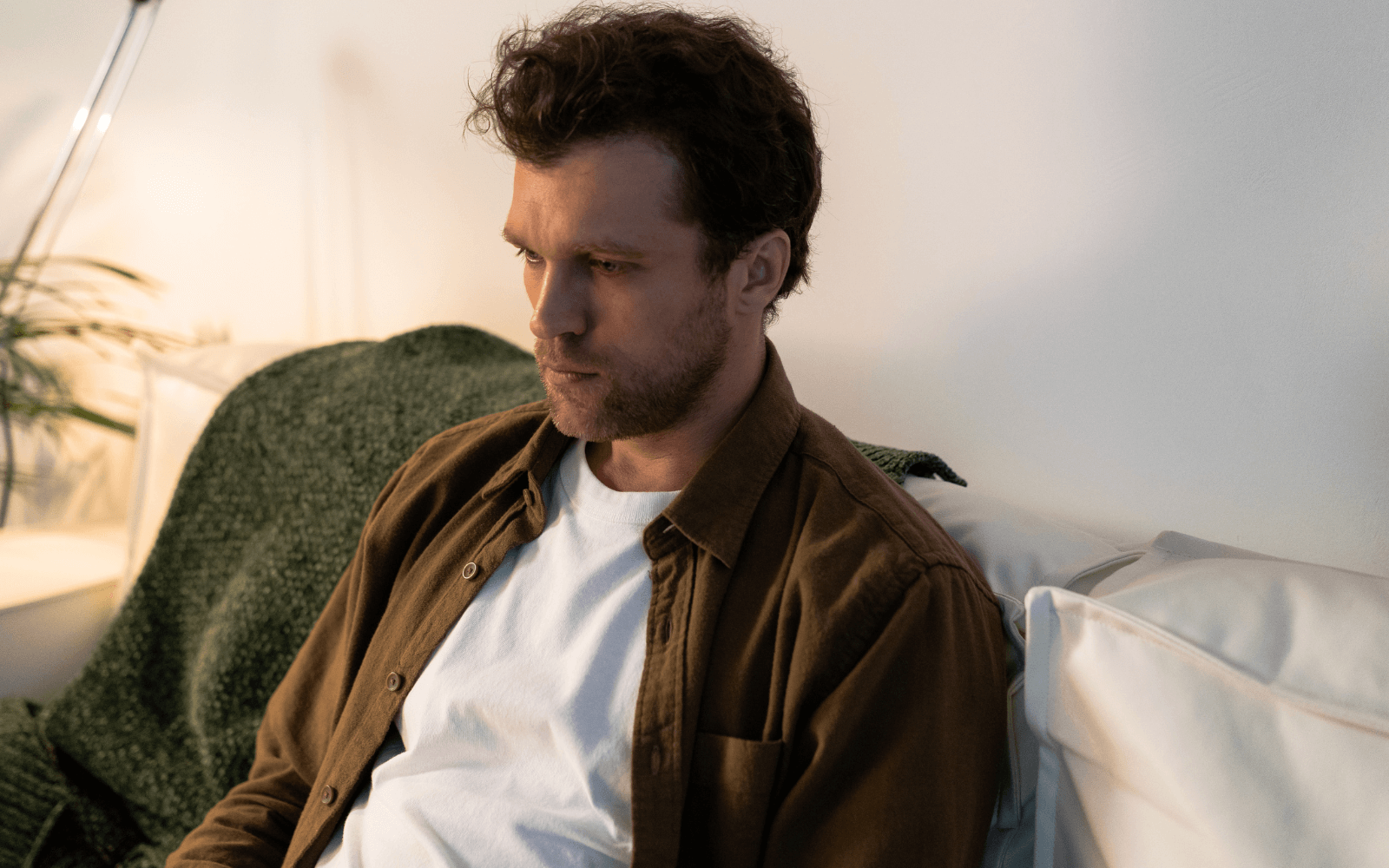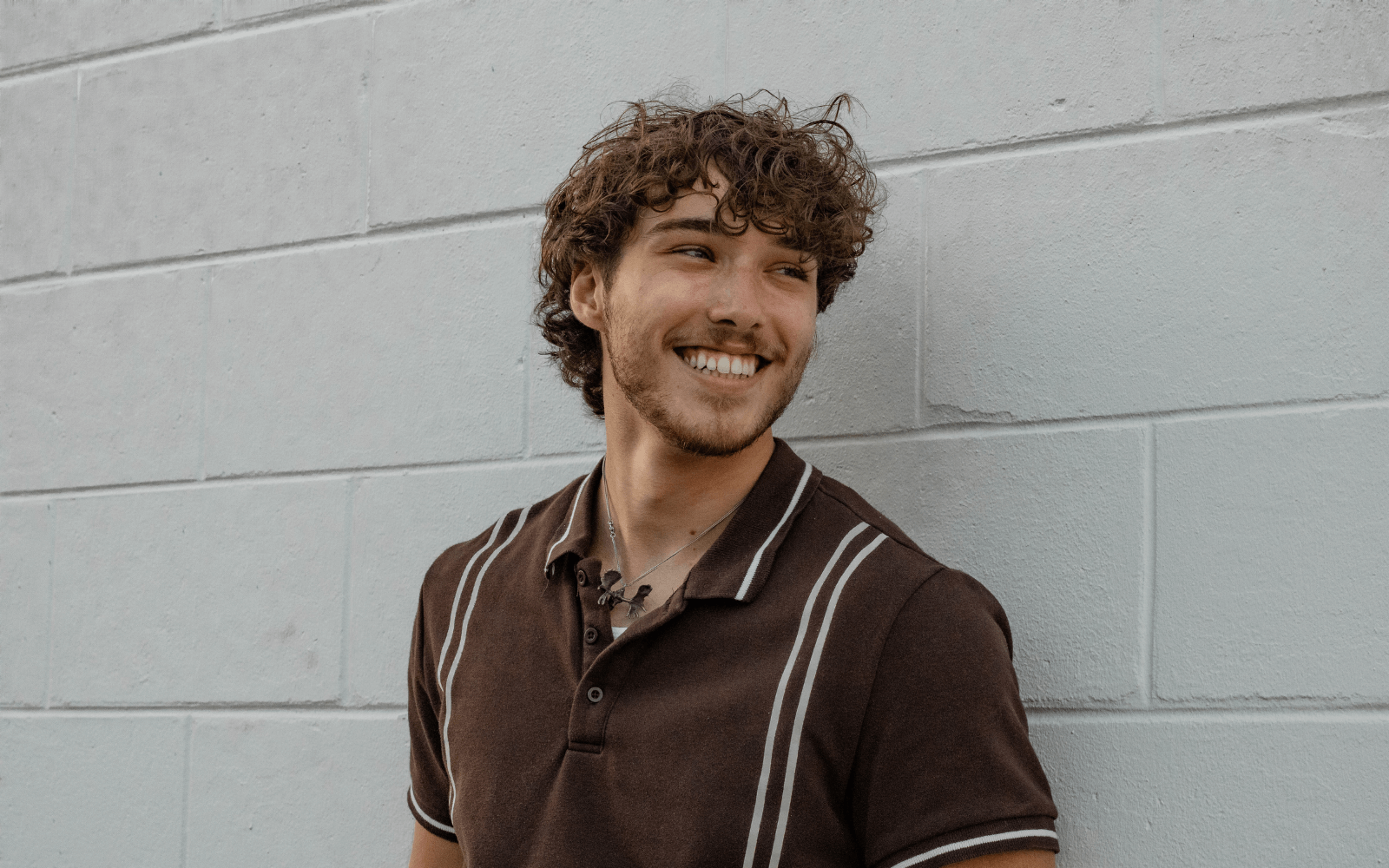Depression is more than sadness. It’s a serious mental health condition that can leave individuals feeling hopeless, drained, and disconnected. At Alta Loma, we provide personalized care for men who are ready to address their depression and find their way back to purpose and stability.
Just minutes from Austin, TX, our team is ready to help
If you or someone you care about is struggling to address your need for mental health, Alta Loma could mean the difference between relapse and long-term recovery
Understanding Depression
Depression is one of the most common mental health conditions affecting men, though it often goes unrecognized or untreated due to stigma and cultural expectations. It goes far beyond occasional sadness—causing persistent feelings of emptiness, worthlessness, and disinterest in once-meaningful activities.
Men may experience depression differently than women. Instead of openly expressing sadness, they may show anger, isolate themselves, or cope through overworking. At Alta Loma, we understand these unique presentations and provide support that meets men where they are, with practical tools for healing and emotional growth.
Recognizable Depression Symptoms
-
Constant worry or fear
-
Restlessness or feeling “on edge”
-
Irritability or difficulty focusing
-
Sleep disturbances
-
Panic attacks (sudden onset of intense fear, heart palpitations, or shortness of breath)
-
Avoidance of situations that might trigger anxiety
Depression frequently co-occurs with anxiety and trauma. At Alta Loma, we offer integrated treatment plans to address these co-occurring challenges and create a foundation for true, long-lasting wellness.
Understanding the Complexities of Depression
Depression is a complex mental illness influenced by brain chemistry, life stressors, trauma, and genetic factors. For men, the pressure to “tough it out” often leads to silence, denial, or emotional detachment. Many suffer for years before seeking help.
At Alta Loma, we create a space where men can let their guard down. Our structured and supportive environment allows for open, judgment-free exploration of difficult emotions, thoughts, and behaviors. We focus on the whole person—mind, body, and relationships—to help each resident understand the roots of their depression and build a new path forward.
Types of Depression We Treat
Depression is not a one-size-fits-all diagnosis. At Alta Loma, we recognize the many faces of depression and tailor our approach to meet each man’s unique experience:
Major Depressive Disorder (MDD)
- Persistent low mood, lack of motivation, and loss of interest
- Interferes significantly with work, relationships, and self-care
Persistent Depressive Disorder (Dysthymia)
- Ongoing low-level depression lasting two years or more
- May appear as chronic pessimism, fatigue, or disengagement
Situational Depression
- Depression triggered by specific life events (loss, trauma, major transitions)
- May become chronic without proper support
Bipolar Depression
- Periods of deep depression alternating with episodes of mania or hypomania
- Requires careful diagnosis and integrated care
Treating Depression at Alta Loma
At Alta Loma, we don’t just treat depression—we treat the man behind it. Our care is tailored to meet each resident’s needs, whether he’s dealing with chronic depression, recent loss, or depression that’s become entangled with other mental health conditions.
Our program includes supportive housing and three levels of clinical care that work together to stabilize symptoms, build insight, and promote long-term resilience. Treatment modalities include:
CBT Treatment
Nutrition Education
Medication Management
Recreational Therapy
Truthought Curriculum
Community Integration
Through this multidisciplinary approach, Alta Loma helps men not only manage their depression—but transform their outlook on life. With the right support, recovery is possible. You don’t have to go through this alone.
Depression FAQ
Depression is a common mental health condition marked by persistent sadness, loss of interest in activities, and a lack of energy. It can impact how you feel, think, and function daily.
Symptoms may include low mood, fatigue, changes in appetite or sleep, feelings of worthlessness or guilt, difficulty concentrating, and thoughts of death or suicide.
Yes, depression is highly treatable. Treatment options often include therapy, medication, lifestyle changes, or a combination of these approaches.
No. While sadness is a part of depression, the condition is more intense, long-lasting, and often interferes with daily life. It’s not something someone can just “snap out of.”
Be supportive and nonjudgmental. Encourage them to talk openly, seek professional help, and stay connected. Sometimes just being there and listening can make a big difference.
While some mild cases may improve over time, untreated depression can worsen. Professional help increases the chances of recovery and long-term stability.
Our Facilities & Programs
Our facilities are meticulously crafted to offer solace, recovery, and a feeling of belonging. From expansive, elegantly furnished bedrooms that guarantee seclusion and peace, to shared spaces that nurture relationships and companionship, each aspect has been meticulously planned to enhance the journey to well-being.
Men's Programs
Women's Programs
Contact Us
You understand your needs best. If you have found yourself at a crossroads in your treatment and feel like your program options don’t fully understand you or aspects of your recovery, it’s time to contact the specialists at Alta Loma.
phone
(512) 877-4883
Opening Hours
Open 24 Hours
Address
103 E 8th St, Georgetown, TX 78626
Fill Our Our Form
We answer all responses as soon as we recieve them.











